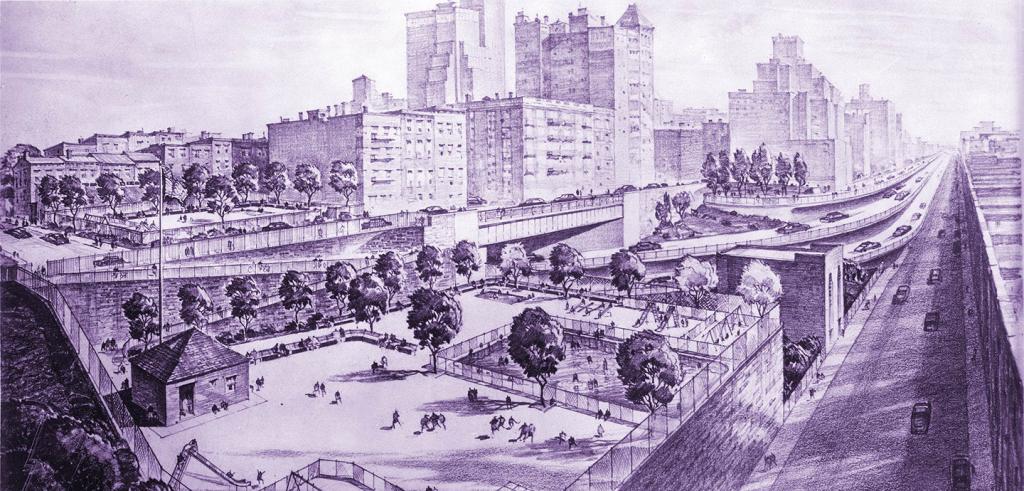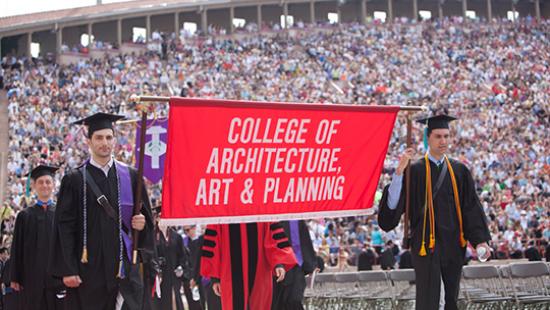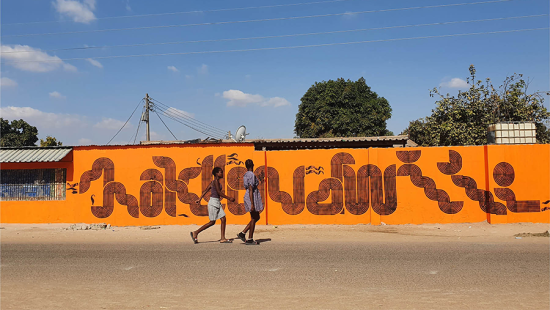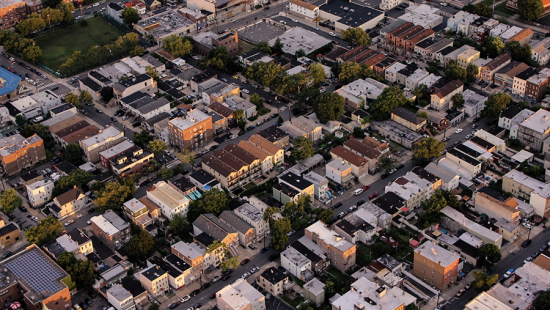Thomas Campanella: Mosaic Roads

New York City highway. image / provided
Abstract:
This talk is about highways built and unbuilt in Brooklyn and the long shadow of Robert Moses. The first part will explore how and why the human scale of the early parkways was sacrificed after WWII in favor of increasingly destructive expressway projects. It will focus on the Brooklyn-Queens Expressway as an example of the best and worst of highway planning in mid-century America, a road that destroyed whole communities while giving New York City one of its finest public spaces. It then turns to Linear City, a visionary effort during the Lindsay administration to transform Gotham's last big road play into an urban utopia—one that might heal a city being torn apart by poverty, unemployment, and racial hatred.
Bio:
Thomas J. Campanella, M.L.A. '91 (AAP), is a Professor of City and Regional Planning at Cornell University and Historian-in-Residence of the New York City Parks Department. He has held Guggenheim and Fulbright fellowships and is a Fellow of the American Academy in Rome. Campanella's books include Brooklyn: The Once and Future City (2019), a finalist for the Brendan Gill Prize; The Concrete Dragon: China's Urban Revolution and What It Means for the World (2008); The Resilient City: How Modern Cities Recover from Disaster (2005); and Republic of Shade: New England and the American Elm (2003), winner of the Spiro Kostof Prize and a Boston Globe non-fiction book of the year.
Please register in advance for this lecture here.




